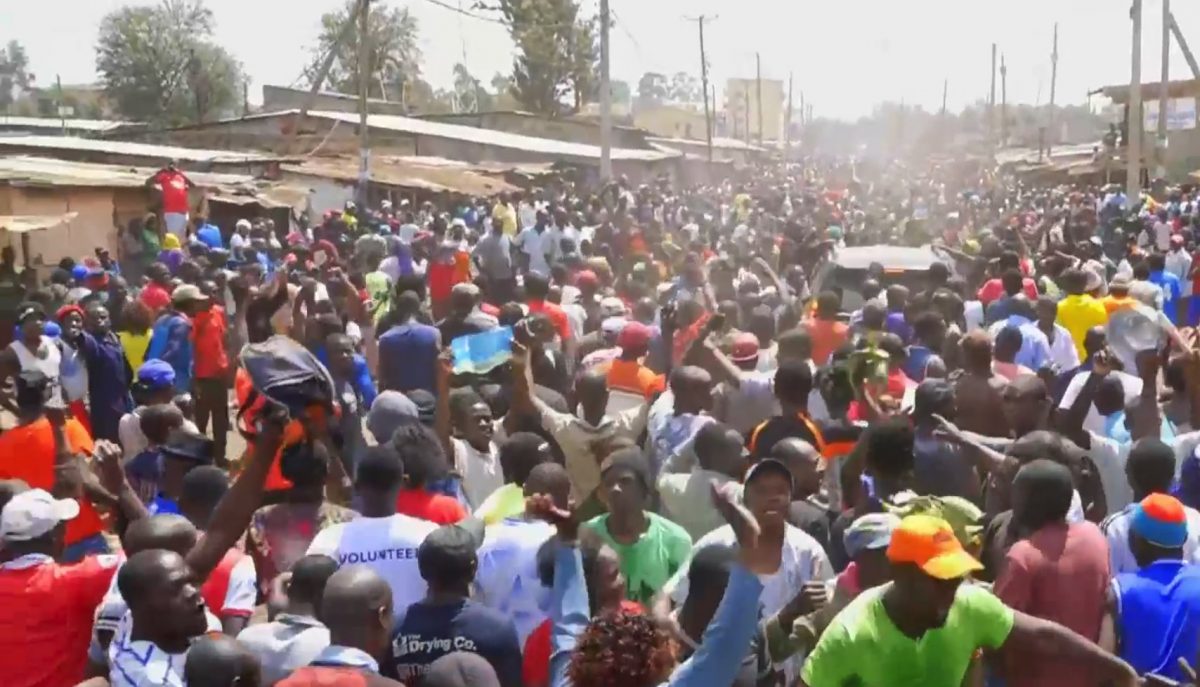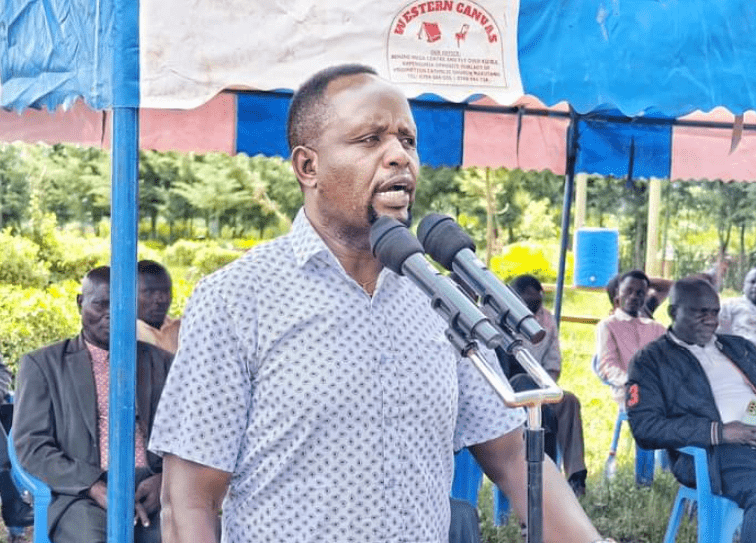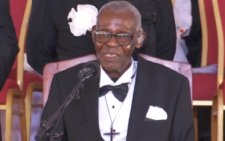How to make our public demonstrations safe, civil

Civil conversations, public debates, and parliamentary deliberations are very critical in a progressive society. This weekend President William Ruto and his team were in Homa Bay attending the homecoming of Interior PS Raymond Omollo.
During the President’s visit, he revisited his campaign forays in Luo Nyanza and specifically Homa Bay. As much as many thought his campaigns in the region were futile, he held meetings and slept in there in what he termed as a journey to change politics.
Well, even the elections in 2022 were elevated in how the citizenry behaved. No violence was witnessed. But we seem to be regressing. How can we unite the country when the clampdown on dissent is more savage than in the dark days of the one-party era?
The right to hold peaceful demonstrations cannot be wished away.
The events of last week call for leaders to be civil in deliberations and work together to guarantee that the right to life and the need to have peaceful demonstrations remain sacrosanct.
When the President, his deputy and Interior CS talk tough against demonstrations, they forget the fact that nothing good has happened in this country without some concerted and sustained civil disobedience against draconian laws, decrees and dispensations.
Civil disobedience birthed our Republic. In many countries, the fight for nationhood was characterised by the collective will of the people to break the yoke of colonialism through blood and sweat. But that was more than six decades ago and there is no reason why today Kenyans should lose their lives in exercising what the Constitution guarantees.
Our second liberation and the promulgation of the 2010 Constitution were not functions of political elite deliberations alone.
No, our leaders were pushed to deliberations that were overly people driven and we vividly remember the sacrifices of many Kenyans like Kenneth Matiba, Oginga Odinga, Charles Rubia, James Orengo, George Anyona, Raila Odinga, Paul Muite, Jean Marie Seroney, Wanyiri Kihoro, Gitobu Imanyara, Martin Shikuku and many other ordinary Kenyans who left their privileged positions to fight for what we have today.
Some like Pio Gama Pinto, JM Kariuki and bishop Alexander Muge, among others, paid the ultimate price.
Even as we look over the shoulders and acknowledge the contributions of these Kenyans, we must be alive to the fact that they made these contributions more than three decades ago. Today, we are a lot more progressive, we can, and we need to have civil and deliberative conversations without loss of life.
In fact, the conversations between the security agencies on the one hand and the civil demonstrations’ organisers, the political class and any other forces with divergent views on the other can underpin a progressive dispensation that will help the government listen more to the real issues and be a lot more responsive.
Demonstrations give the leaders an opportunity to understand the challenges that affect the people and resolve them. They are not meant to antagonise the government.
We have come so far as a country to regress on the gains we have made, and the onus is on the political class to tone down the divisive and inflammatory rhetoric and allow deliberations to create pathways to a brighter future for all.
We can have peaceful demonstrations if both the demonstrators and the security agencies ensure that protesters are not blocking roads, destroying property or infringing on the rights of others.
We can listen to the issues that underpin demonstrations if the police endeavour to police and NOT shoot. We can also elevate our demonstrations to this bright space where we express dissent rather than provoke, destroy, or disturb peace.
– The writer is a PhD candidate in political communication












